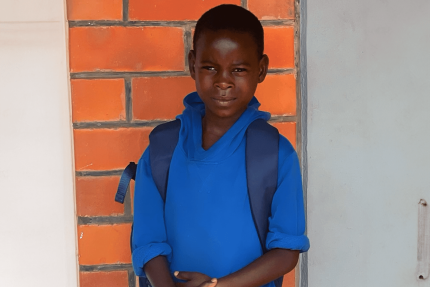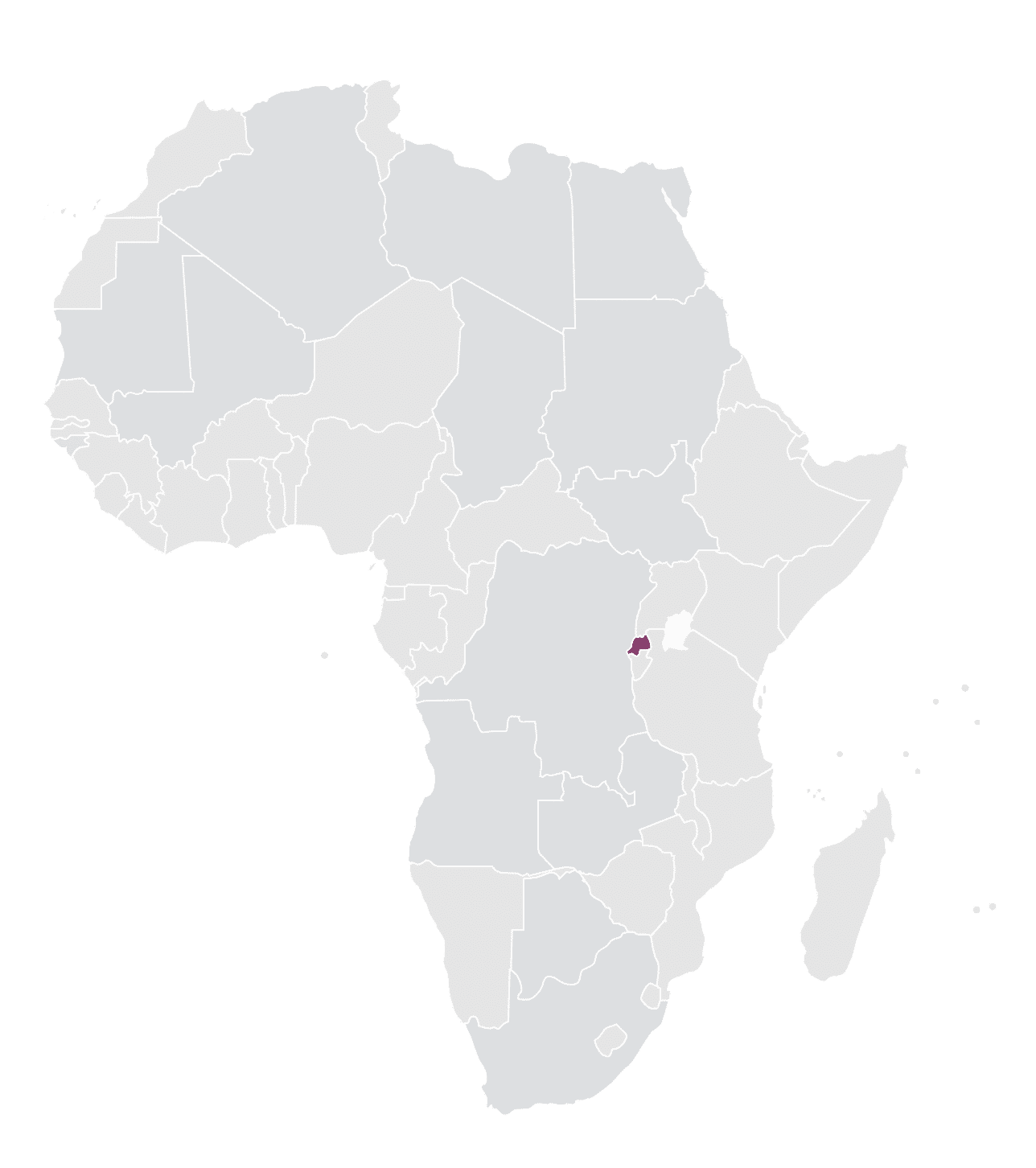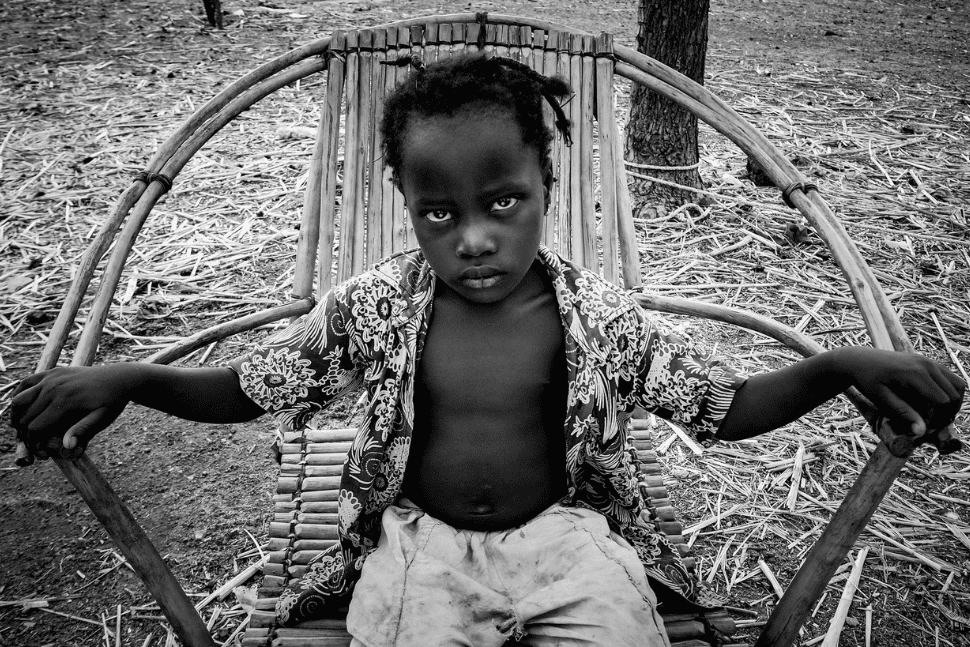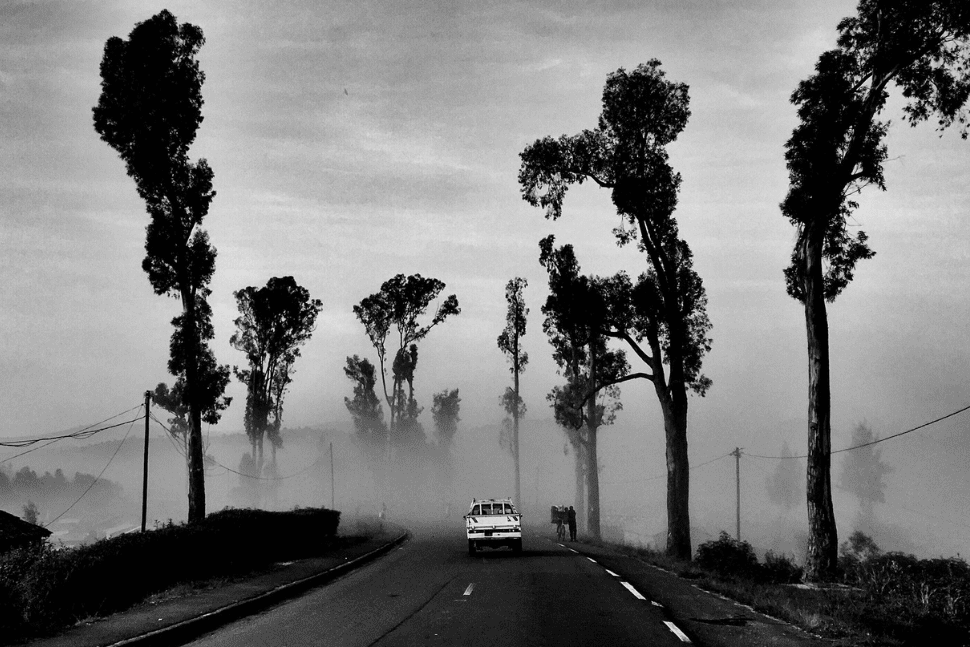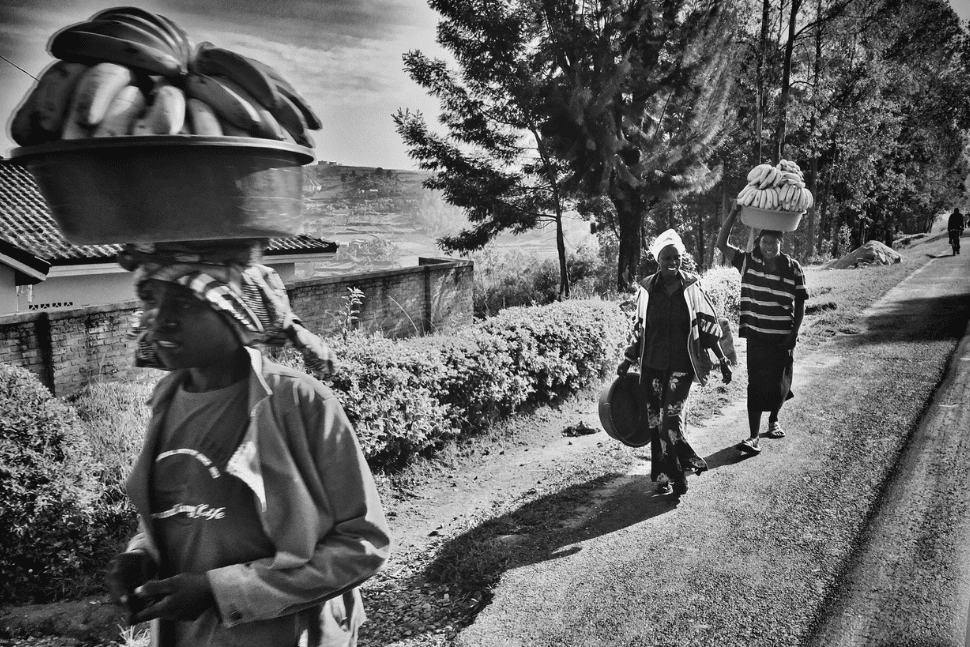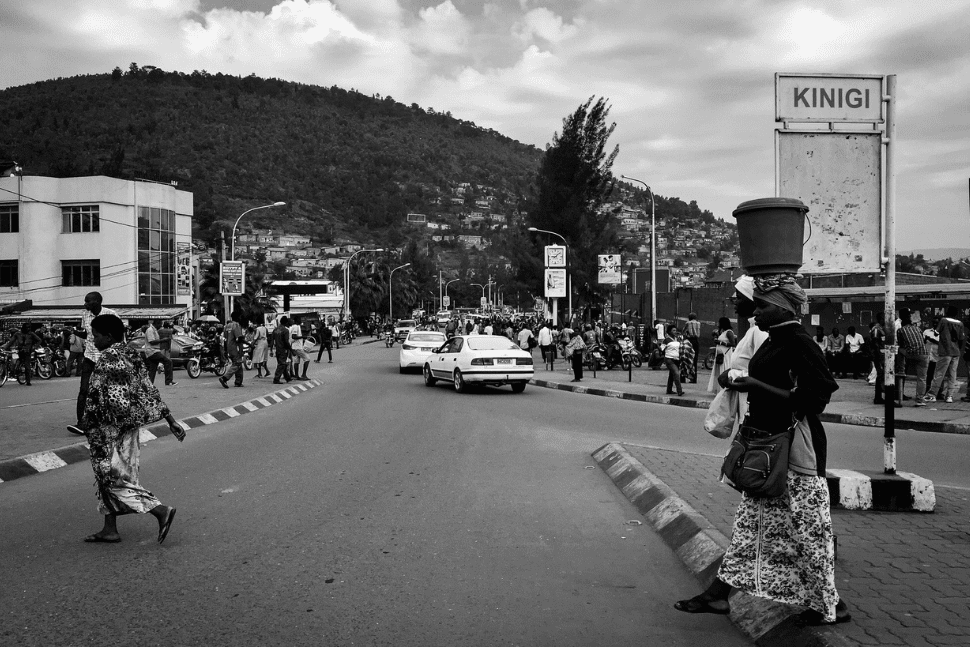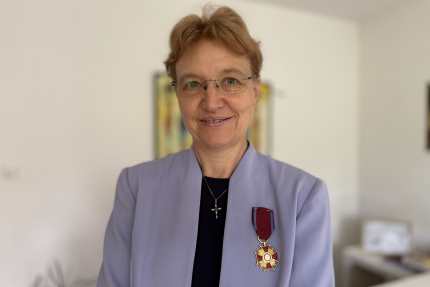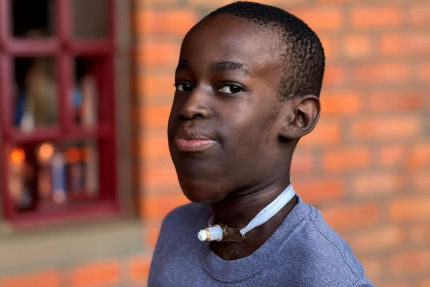“My dad died because he knew they would catch up with him anyway. He didn’t want to run. He didn’t have the strength for it. He preferred to end it where everything began.”
Thirty years have passed since the Rwandan genocide. M. still loves dogs deeply, though dogs are rarely considered friends in Rwanda. She remembers only her dog faithfully waiting by her father’s body torn by mad hatred. In the dog’s eyes, hope never dies, even when everything else is destroyed. To this day, M. repays her debt of gratitude for dogs’ loyalty.
But not everyone was a devil.
“For two weeks, we were hiding with my brothers at a home where good people lived. They had a small house off the beaten path. At night we would go out to breathe the fresh air. Then one morning, the owner’s face turned to terror. He came and told us to run immediately because they were coming for us. I’ll never forget running, jumping over bodies that densely carpeted the road. We didn’t cry over them. We howled in fear for ourselves.”
“His brother betrayed us. After the war, I met him in prison. I was working there for an organization helping to free small children. I also helped him survive behind bars, as prison was inhumane torture. You wouldn’t wish it on your worst enemy. During the genocide, he wanted us dead, but I could never wish death on him.”
“Justice isn’t good for everything. It assumes punishment. How do you punish genocidaires? The same way? We must break this vicious cycle.”
